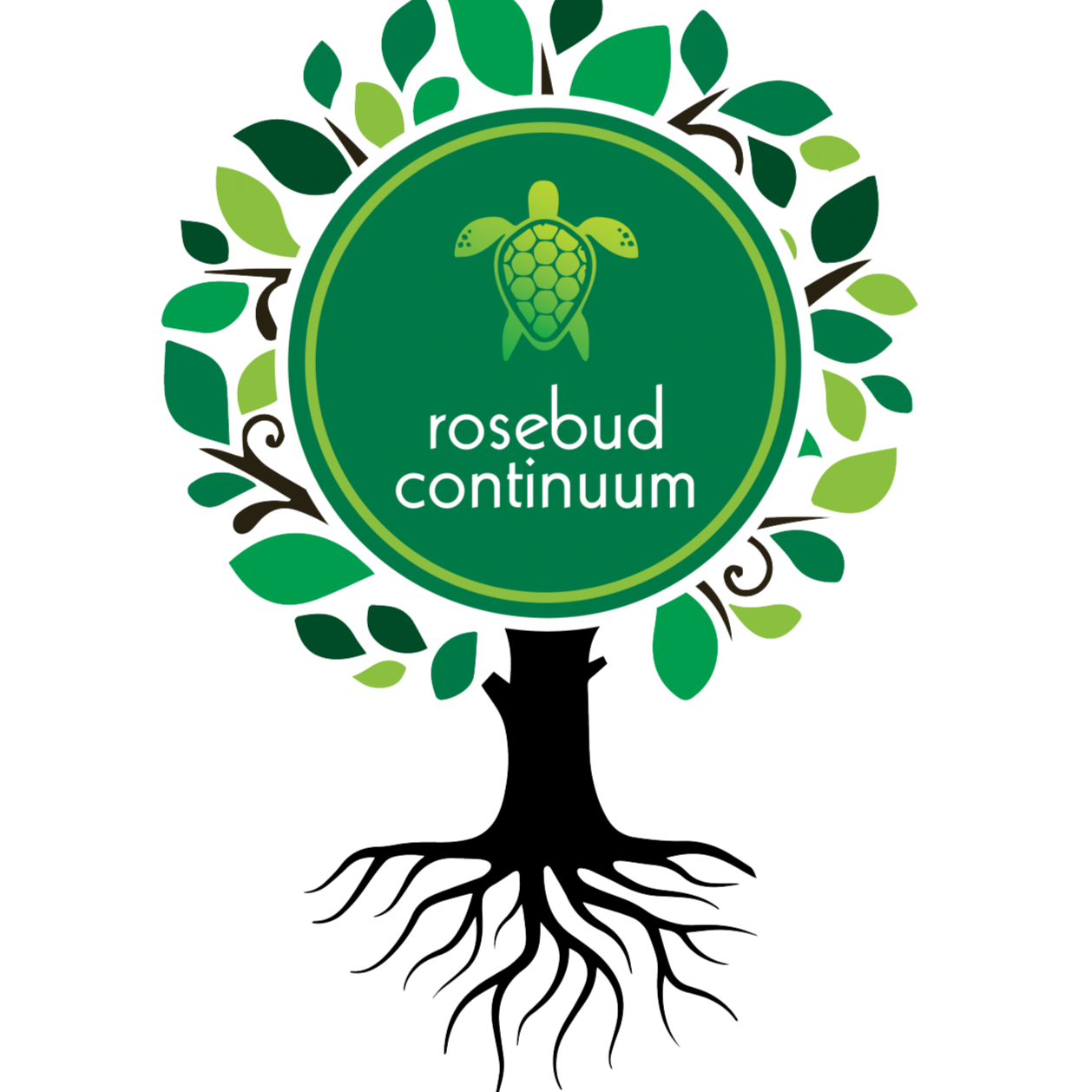
Textile Composting
A waste management initiative for fast fashion pollution. Let’s dig in!
“ The two things we do every day, eat and get dressed, come from the same system. If you go down the supply chain in both of those systems, in farming and clothing production, it’s a lot of the same human right violations and environmental degradation.”
On-site researcher Ericka Leigh
Textile materials
Originally, all materials used to make clothing came from plant or animal origin, such as cotton, silk, and wool.
Today, our clothes are made from either natural fibers, synthetic fibers, or a combination of both.
Synthetic fibers, such as polyester, are mainly petroleum based, in other words, they are a type of plastic.
Fast Fashion
This current business model of mass production and low prices has created a waste culture that has resulted in many social and environmental problems.
We are producing more clothes than we need and disposing of them too quickly. This has created a crisis in landfills all over the world, for example the Atacama Desert in Chile.
To produce more, we need to use more resources, more water, more land, more fertilizers, more of everything. Vital resources for our survival, such as water, are being depleted and the fashion industry is a major contributor.
Why compost?
If it came from the land or another natural source, it must be able to go back to nature right?
The bacteria, worms, and other microorganisms that take part in the composting process, are also able to decompose natural textile fibers.
Additionally, there is a global food waste crisis, where 30% of food produced, is being wasted! Contrarily, there are millions of people around the world that do not have access to proper nutrition.
Composting creates the right environment for materials to decompose into a nutrient-rich soil amendment. Composting provides a solution for the waste management of these two major materials. Additionally, it brings benefits to other sustainability challenges like global warming through reduction of methane emissions, chemical leaching in landfills, desertification through soil restoration, water scarcity and pollution, and many others!
The mind behind this project
Ericka Leigh is the on-site researcher behind the textile composting project. Ericka obtained her master’s degree in Global Sustainability from Patel College of Global Sustainability at University of South Florida. She started her composting journey in her backyard, after transitioning to different locations in search of more space, she found us, where she has conducted this project for 3 years now.
You can learn more about Ericka’s journey and her work at Sewn Apart.









